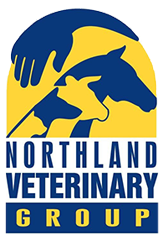Encysted small redworms can cause irreparable damage in horses and result in death. They are one of the most harmful parasites to affect horses.
They can prove challenging to identify as they don’t show up in a standard faecal worm egg count. Many horse owners are unaware that they must treat for them every year during the late autumn/early winter, regardless of faecal worm egg counts.
Encysted small redworm are the larval stages of the small redworm that hibernate in the lining of the gut. They usually “wake up” in the early spring and their mass emergence can lead to larval cyathostominosis, causing diarrhoea, colic and potentially death.
With a mortality rate of up to 50%, cyathostominosis can be prevented with an effective and consistent worming regimen.
A recent National Equine Health Survey in Britain revealed that one in five owners who claimed to have treated for encysted small redworm used a wormer that was not indicated to treat these potentially lethal encysted parasites.
This suggests that up to 20% of horses could be at risk.
Any horse can develop larval cyathostominosis, but those that may be particularly vulnerable are youngsters, It is important therefore to worm regularly with a product which treats these dangerous worms. If you have a horse showing signs that may be related to a worm burden such as loss of condition, sudden weight loss or diarrhoea, it’s important to contact your veterinary surgeon as soon as possible.
EQUEST® Plus Tape treats and controls significant parasites including tapeworms, roundworms, bots and encysted small strongyles.



